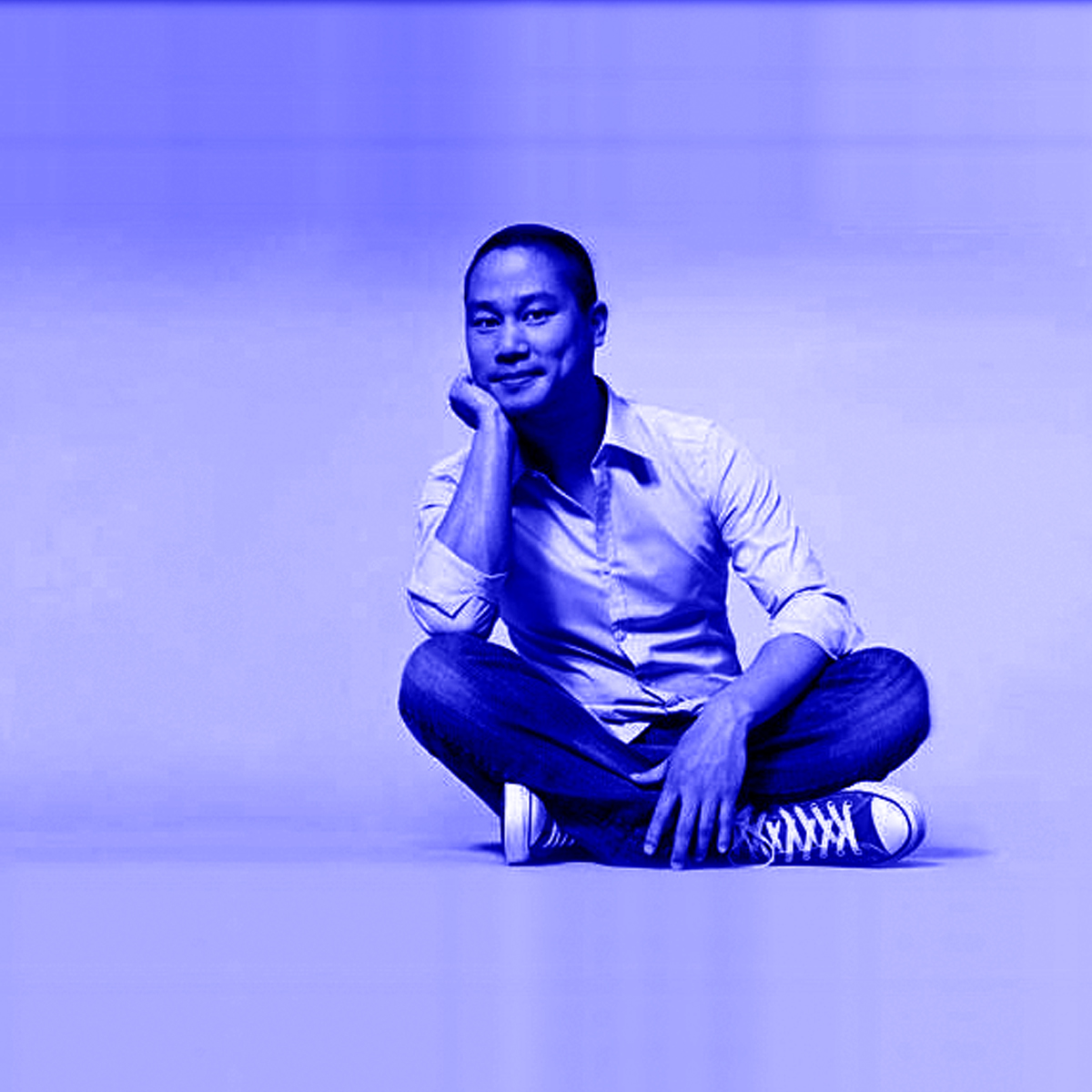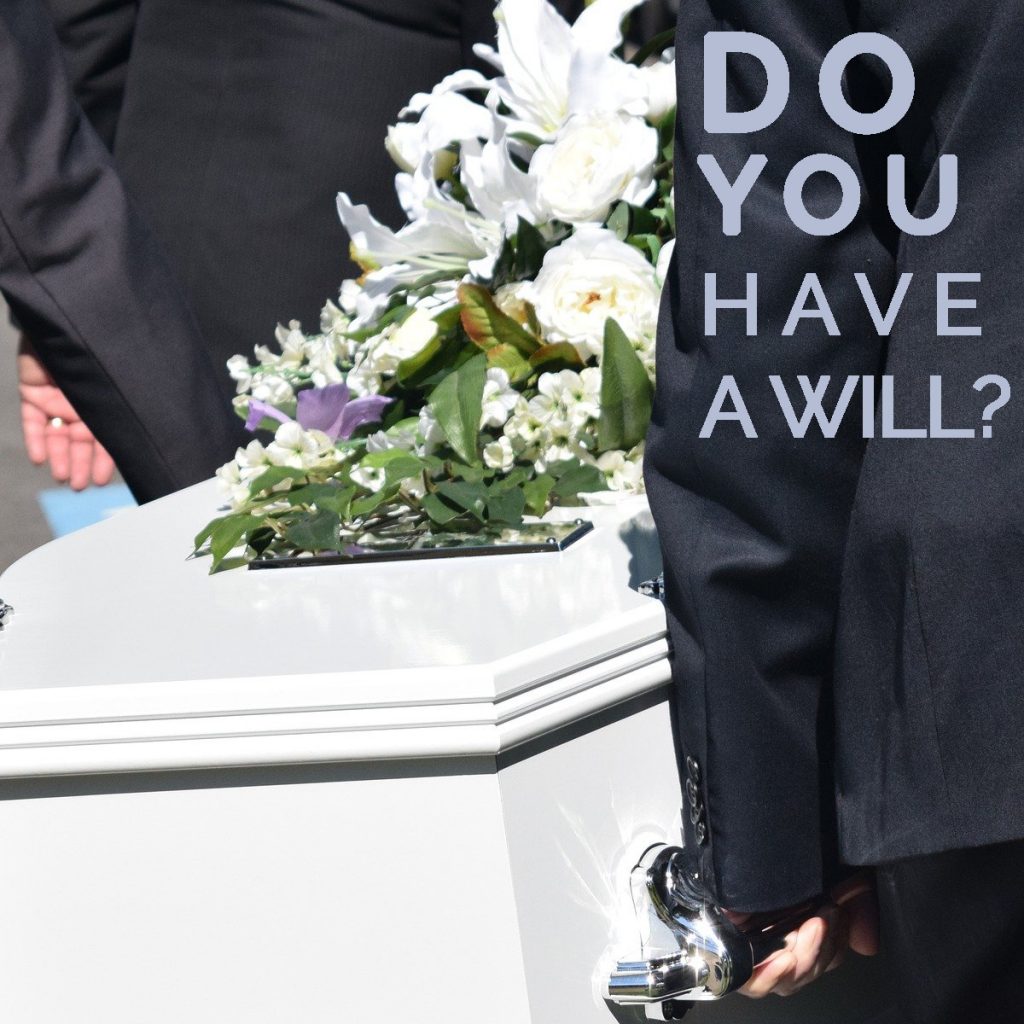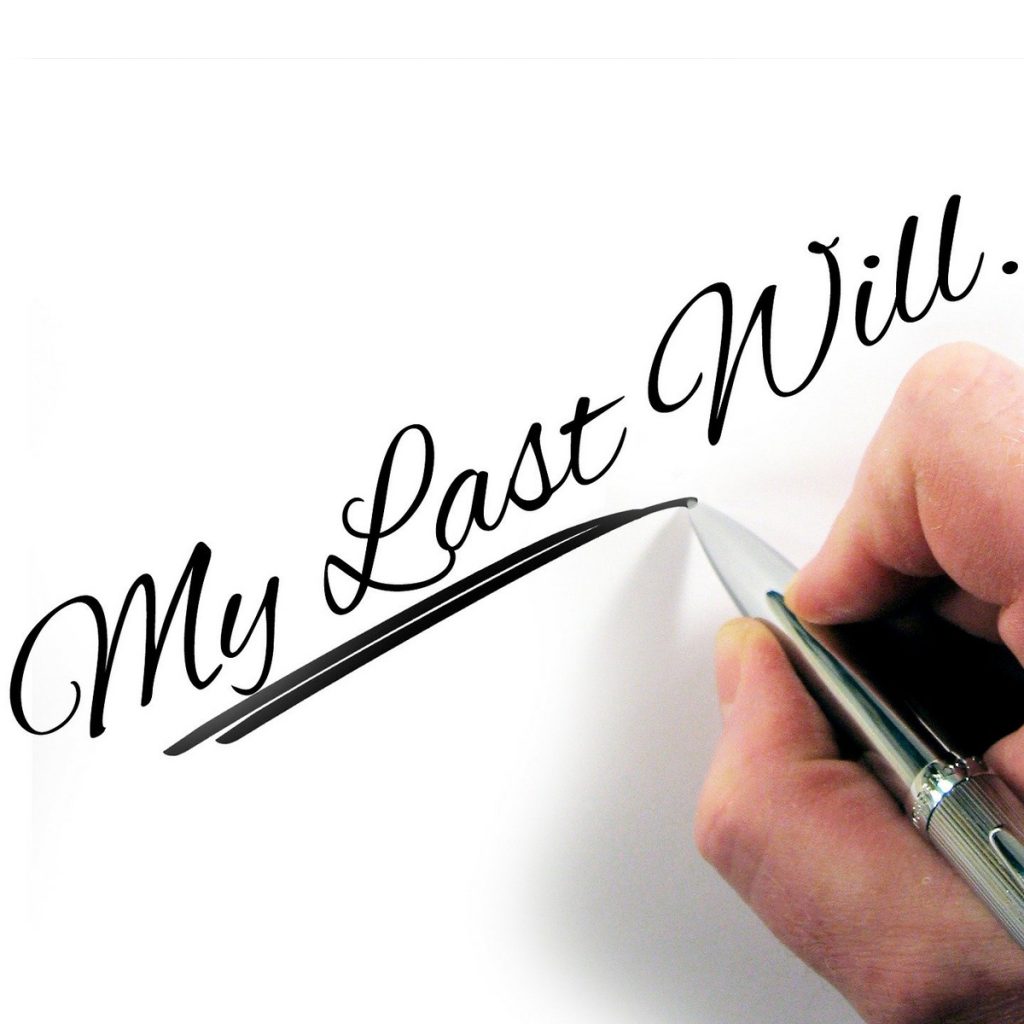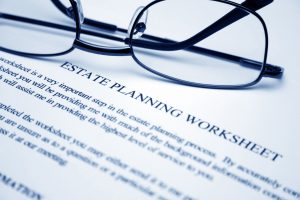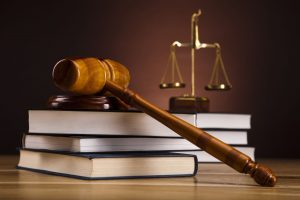Take Charge of Your Estate or the State Will
With daily numbers of lives lost to the coronavirus constantly flashing in our faces, it’s hard not to think about death right now. In the clutches of this pandemic, it’s becoming increasingly likely that someone you know and love has passed away after having COVID-19. Now, after the news of Tony Hseih’s estate being left up to the system for determination, more people are thinking about securing their own estate’s future.
So, the question should be asked: Do you have a will?
Even with these traumatic events the answer is still: Not likely.
How can this be? Surely in the face of almost certain illness you’d think people are more likely to have a last will and testament in place, but you would be wrong. The fact is that the majority of Americans have absolutely nothing in place in the instance of their untimely death, despite believing it to be important. That is not to say that the number of people creating new wills isn’t up, it is slightly in many locations. But only slightly. Many clients are choosing to update their estate planning this year, but those are peoplw who already have something in place.
Over three quarters of adults believe a will to be important, but only about half (47 percent) of those have a will. According to a recent survey performed by Caring.com as few as forty percent of Americans have a will. What’s more striking is that more than sixty percent of Generation X and almost eighty percent of Millennials don’t have one. Those numbers are only down slightly from years before.
Lawyers & Financial Advisors Recommend Wills
Even those of us with minimal assets should have a will. Without having the right legal documents in place it can be much more challenging, and take a lot longer of an amount of time, to transfer assets to your next of kin. During that time they may be struggling to make ends meet without your income, and they may not have access to financial accounts. A will can help to avoid delays during an otherwise anxious and stressful time. Alleviating the burden on family members should be your top priority to your family.
While individuals with higher incomes and greater wealth tend to have wills in higher proportion to lower income individuals, there are still exceptions. Take former Zappos CEO, Tony Hsieh for example. At 46 years old, he died after complications related to smoke inhalation. Hsieh’s father, Richard Hsieh, and his brother, Andrew Hsieh, filed documents in a Nevada court that would allow them access his accounts and protect his assets. They are “unaware of the existence of a fully executed estate plan” according to the Associated Press. It is estimated that his wealth is near $1 billion.
If not for the notoriety of his businesses and general worth he would be just one of many without a will. It probably takes a lot of people by surprise that he didn’t have a will. The company he built included great medical benefits, meal benefits, and even life coaches. But even with such resources he did take the time to create such an essential legal document. How could someone that was seemingly so insightful, so deliberate about the creation of a positive mental state and work environment, overlook such a glaring detail for his own family?
A will isn’t about protecting you. You won’t be here to deal with the turmoil. It’s about protecting your family.
Wills can often be simple to create. Protect your family’s future, today.
